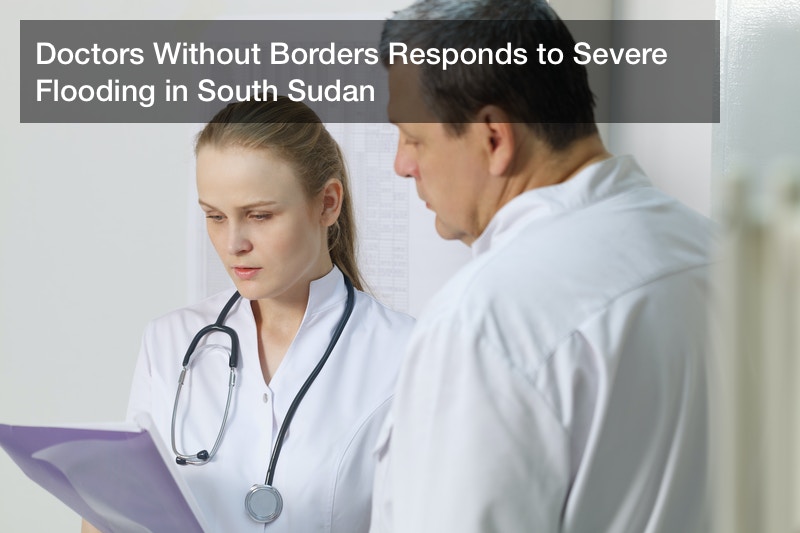
As it states in the video, hundreds of thousands of people remain displaced by flooding in a large part of Western Sudan, especially the White Nile region. The situation is described as extremely serious by UN humanitarian agencies. According to the International Organization for Migration (IOM), more than 1,000 people have been forced to flee their homes in the past week due to the flooding, mostly in Dafalu area in White Nile State. Dafalu has a population of about 1,900 people living in up to 240 huts in a far corner of White Nile. The refugees are mostly women and children. The high water level of the Blue Nile and White Nile rivers is forcing people to flee the flooding. Locals estimated that about 10,000 people have fled to Nuban camps in Jonglei State, but the number is said to be higher. IOM and UNMIS did not have accurate figures for the number of those displaced in White Nile State. But despite their displacement, all humanitarian access to the area is being blocked by the local authorities and rebel groups in the area. A shortage of food and water is complicating the situation. IOM managed to reach the area on Monday, but had to turn back when forces from Sudanese Armed Forces (SAF) blocked the area. The situation is very dangerous for international humanitarian workers in the area because they can’t get access without permission. Southern Sudan troops, loyal to the Salva Kiir administration, are not helping. They have blocked access to the area until the flooding has subsided. Some 2,000 South Sudan troops have been stationed on the border of South Sudan and Sudan with 200 vehicles to protect the rebels they are sharing with the SAF. Furthermore, humanitarian aid and military operations in the region have forced more than 50,000 people from their homes. South Sudan and Sudan have a bilateral arrangement on working jointly to protect the Blue Nile and White Nile. There is no official coordination between the forces or between the South Sudan government and the SAF to prioritize humanitarian operations in the area. Until all military operations in the area have ceased, we call on the AU and the SADF to meet the humanitarian needs of the displaced.
The humanitarian needs are “unprecedented” and the entire country must ensure that all need is met within the shortest possible time, said the UN Resident Coordinator in Sudan, Vincent Foucher. With floodwater still inundating farmland and community infrastructure following heavy rains, many people are still displaced, and the number of those affected has now topped three million. The need for medical attention is need for both large and small medial issues, such as medical management of fracture. The flooding also destroyed more than 1,200 houses. Many people have yet to receive relief and protection materials, which require more efforts to reach the remote and outlying areas, especially over the coming days. The UN in Sudan earlier declared the flood emergency a catastrophic event, and to date it has received 16 per cent of the $106 million it requested from the Security Council.



